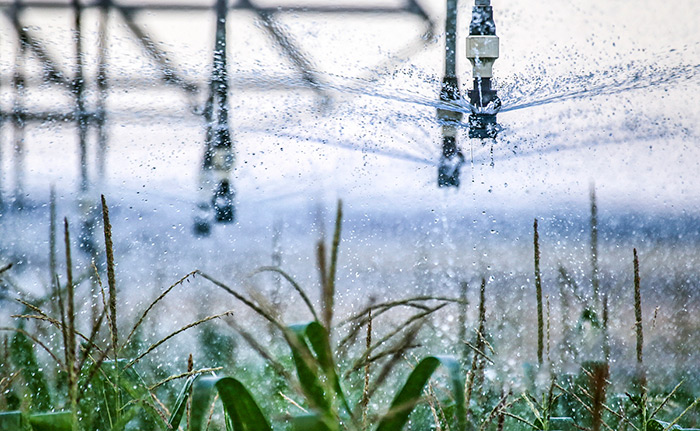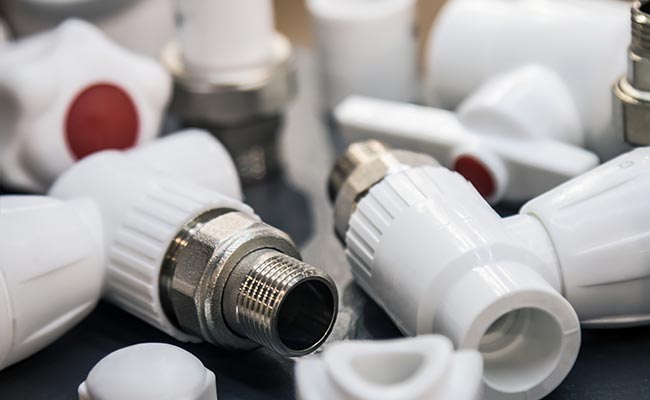Company News
-

How long will a PVC ball valve last?
You’re designing a system and need to trust your components. A failed valve could mean costly downtime and repairs, making you question if that affordable PVC part was worth it. A high-quality PVC ball valve, made from virgin material and used correctly, can easily last for 10 to 2...Read more -

What is a PVC ball valve used for?
You’re working on a water line and need a valve. But using the wrong type could lead to corrosion, leaks, or spending too much on a valve that’s overkill. PVC ball valves are primarily used for on/off control in cold water plumbing and fluid handling systems. Their most common uses ar...Read more -

How reliable are PVC ball valves?
You need a valve that won’t leak or break, but PVC seems too cheap and simple. Choosing the wrong part could mean a flooded workshop and costly downtime. High-quality PVC ball valves are extremely reliable for their intended applications. Their reliability stems from their simple design and...Read more -

Are PVC ball valves any good?
You see a PVC ball valve, and its low price makes you hesitate. Can a piece of plastic really be a reliable part for my water system? The risk seems high. Yes, high-quality PVC ball valves are not just good; they are excellent and highly reliable for their intended applications. A well-made valve...Read more -

What are the 4 types of ball valves?
Choosing a ball valve seems easy until you see all the options. Pick the wrong one, and you could face restricted flow, poor control, or even system failure. The four main types of ball valves are categorized by their function and design: the floating ball valve, the trunnion-mounted ball ...Read more -

What is a Two-Piece Ball Valve?
Confused by different valve types? Choosing the wrong one can mean you have to cut a perfectly good valve out of a pipeline just to fix a tiny, worn-out seal. A two-piece ball valve is a common valve design made from two main body sections that screw together. This construction traps the ball and...Read more -

What are PVC ball valves used for?
Need to control water flow in a pipe? Choosing the wrong valve can lead to leaks, system failure, or unnecessary expense. A PVC ball valve is the simple, reliable workhorse for many jobs. A PVC ball valve is primarily used for on/off control in fluid systems. It is ideal for applications like irr...Read more -

What is the difference between CPVC and PVC ball valves?
Choosing between CPVC and PVC can make or break your plumbing system. Using the wrong material could lead to failures, leaks, or even dangerous bursts under pressure. The main difference is temperature tolerance – CPVC handles hot water up to 93°C (200°F) while PVC is limited to 60°C (140°F...Read more -

How to connect 2 inch PVC to 2 inch PVC?
Facing a 2-inch PVC connection? The wrong technique can cause frustrating leaks and project failures. Getting the joint right from the start is crucial for a secure, lasting system. To connect two 2-inch PVC pipes, use a 2-inch PVC coupling. Clean and prime both pipe ends and the inside of the co...Read more -

What are PP fittings?
Confused by all the plastic fitting options? Choosing the wrong one can lead to project delays, leaks, and costly repairs. Understanding PP fittings is key to selecting the right part. PP fittings are connectors made from polypropylene, a tough and versatile thermoplastic. They are primari...Read more -
What is the maximum pressure for a PVC ball valve?
Wondering if a PVC valve can handle your system’s pressure? A mistake can lead to costly blowouts and downtime. Knowing the exact pressure limit is the first step to a secure installation. Most standard PVC ball valves are rated for a maximum pressure of 150 PSI (Pounds per Square Inch) at ...Read more -
Are PVC ball valves reliable?
Struggling to trust PVC ball valves for your projects? A single failure can cause costly damage and delays. Understanding their true reliability is key to making a confident purchasing decision. Yes, PVC ball valves are highly reliable for their intended applications, especially in water a...Read more




